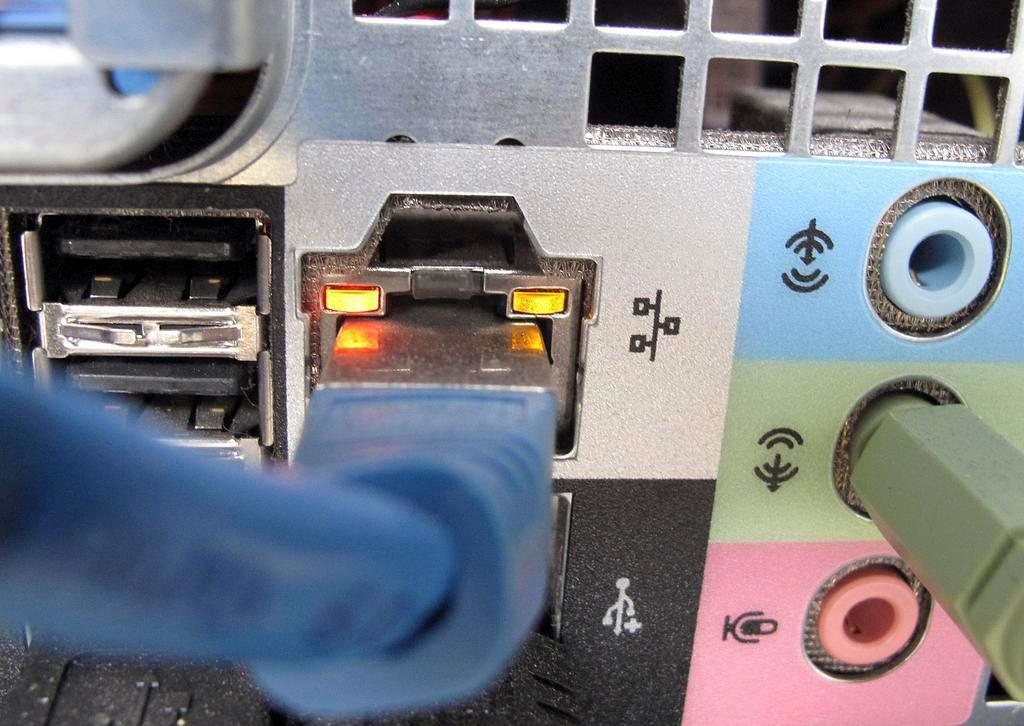
First Swiss indictment for worldwide ‘phishing’

Three suspected fraudsters from North Africa have been charged by Switzerland’s Federal Prosecutor’s Office with stealing credit card data via the internet, including from Swiss financial institutions. They were arrested in Bangkok and extradited to Switzerland.
The Federal Prosecutor’s office confirmed on Tuesday that it had charged three suspected members of a gang specialising in the fraudulent misuse of credit card data for commercial gain. This is the first time in Switzerland that an indictment has been filed in a global phishing case.
The three defendants are accused of unlawfully obtaining the data on at least 133,600 credit cards; they were active from October 2009 until their arrests in 2014 and 2015.
They stole the credit card data by carrying out so-called phishing attacks – impersonating a business to trick you to give personal or professional information – using spoof emails, websites and text messages.
From October 2008 until their arrests, the group had earned their living from the unlawful procurement and fraudulent online use of credit card data, the prosecutor’s office said in a statement.
It is also the first time in Switzerland that an indictment has been filed against people engaged in global criminal activities who were not physically present in the country.
The parties affected are credit card holders around the world and Swiss financial institutions.
The office said the indictment was filed in accelerated proceedings and that the defendants had admitted to the allegations. All three are currently in prison awaiting sentencing.

In compliance with the JTI standards
More: SWI swissinfo.ch certified by the Journalism Trust Initiative





























You can find an overview of ongoing debates with our journalists here . Please join us!
If you want to start a conversation about a topic raised in this article or want to report factual errors, email us at english@swissinfo.ch.